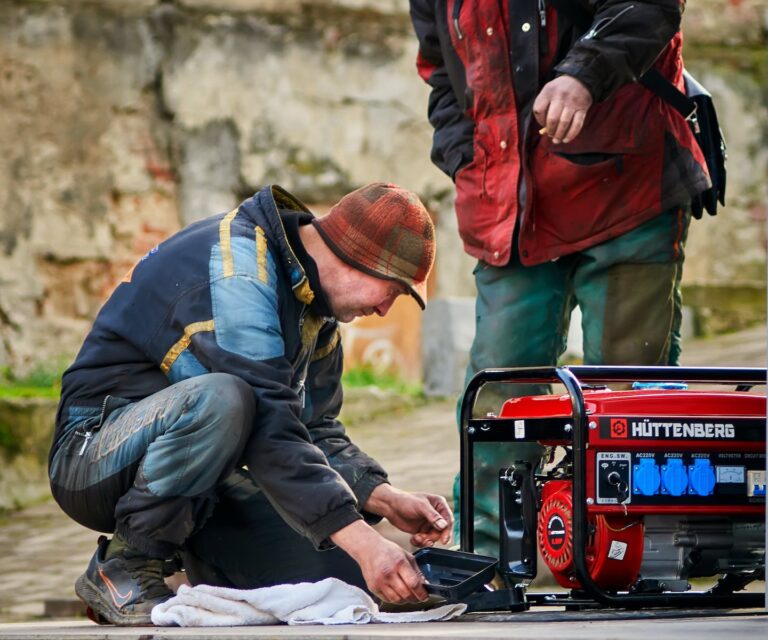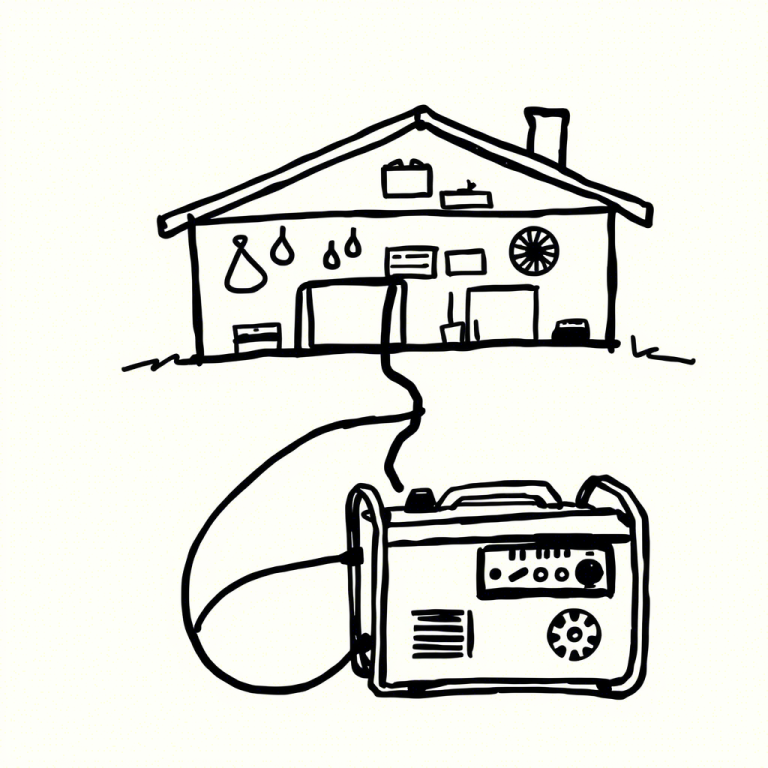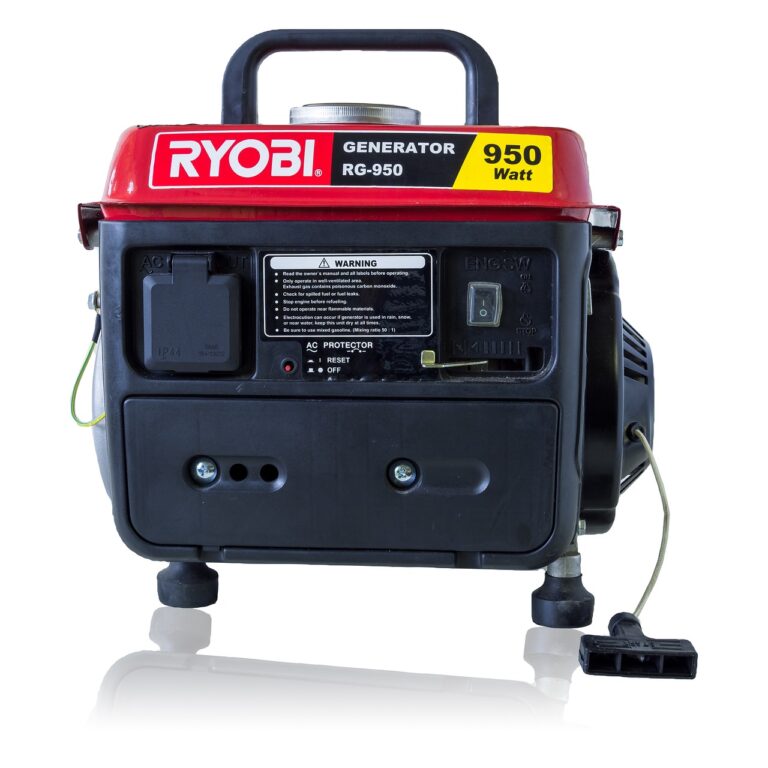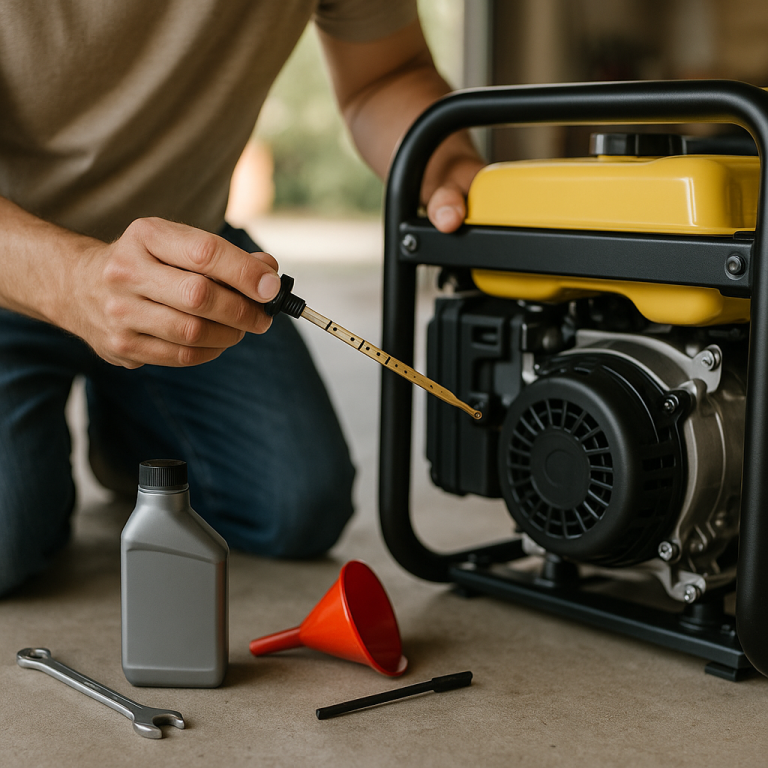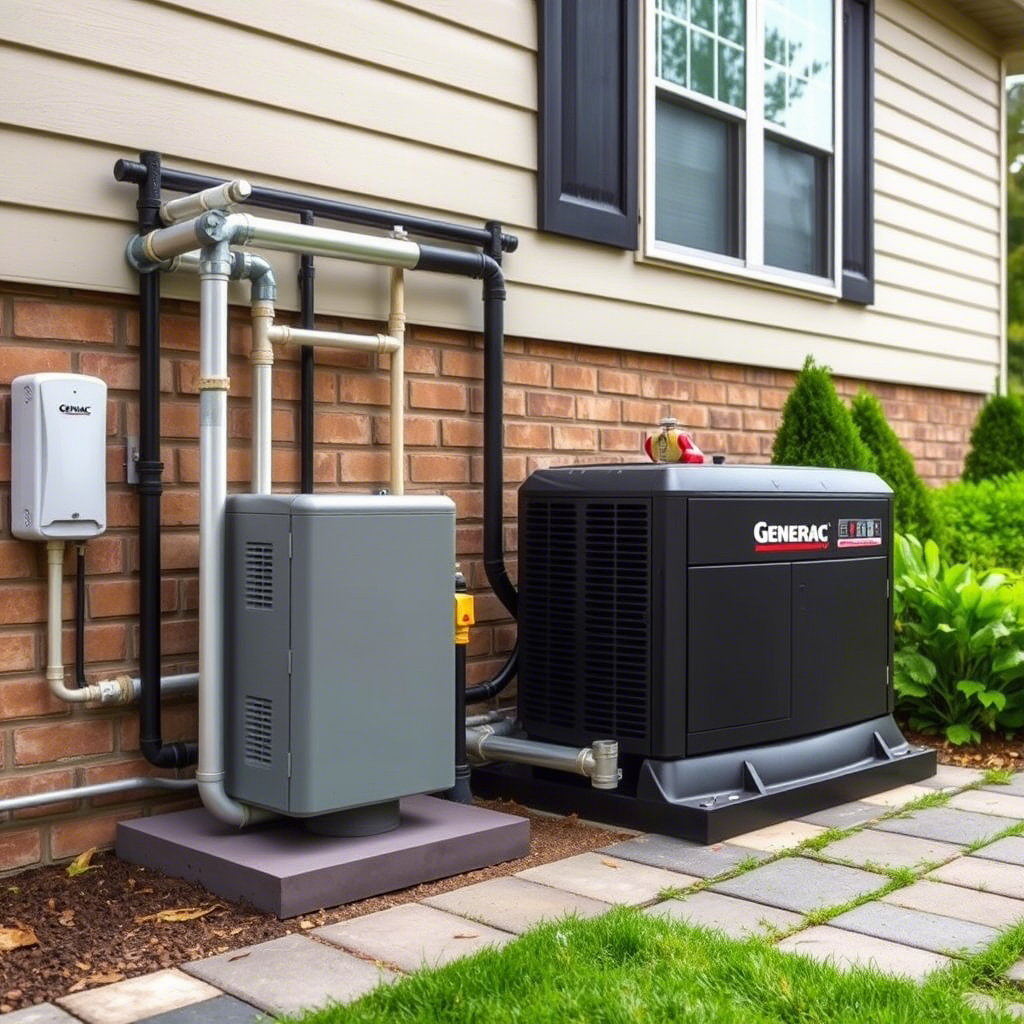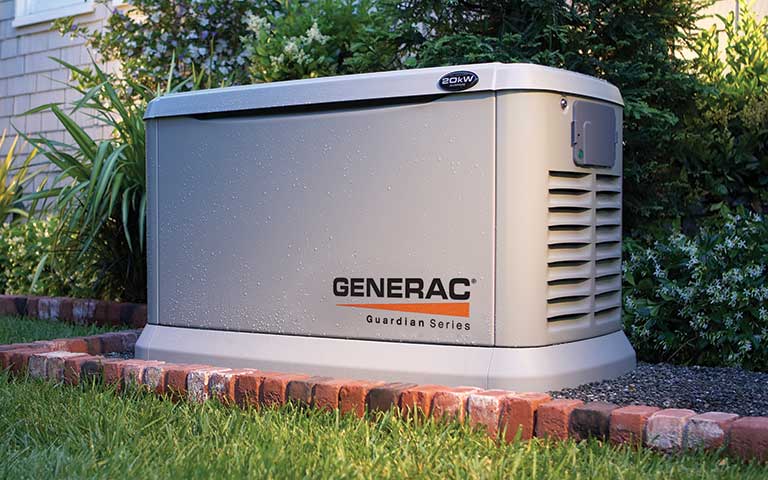How Long Should Generators Run?
One of the key considerations when using a power generator is how long it can run before needing to be refueled or shut off.
In this article, we will explore the factors that affect the running time of a power generator and provide some tips on how to ensure that your generator runs safely and efficiently.
Factors That Affect Running Time
The length of time that a power generator can run depends on a variety of factors, including:
- Size of the generator: The size of the generator, measured in watts or kilowatts, determines the amount of electricity it can produce and the load it can handle. As a general rule, smaller generators with a capacity of less than 5,000 watts can typically run for 8-10 hours on a tank of fuel. Larger generators with a capacity of 5,000 watts or more can run for 12-24 hours or more on a tank of fuel, depending on the load being placed on the generator.
- Load on the generator: The load on the generator, or the amount of electricity being used, also affects the running time of the generator. If the load on the generator is high, it will use more fuel and run for a shorter period of time. If the load is low, the generator will use less fuel and run for a longer period of time.
- Type of fuel: The type of fuel being used by the generator also affects its running time. Generators can be powered by a variety of fuels, including gasoline, diesel, and propane, and each type of fuel has a different energy density and burn time. For example, diesel fuel typically has a higher energy density and longer burn time than gasoline, which means that a diesel-powered generator may be able to run for a longer period of time on a single tank of fuel.
Tips for Ensuring Safe and Efficient Running Time
To ensure that your power generator runs safely and efficiently, there are a few key things you can do:
- Follow the manufacturer’s recommendations: Make sure to follow the manufacturer’s recommendations for running the generator including the maximum load and fuel capacity. This will help prevent damage to the generator and ensure that it runs safely and efficiently.
- Regularly check the fuel level: Make sure to regularly check the fuel level of the generator and refill it as needed. Running a generator with a low fuel level can cause damage to the engine and shorten its lifespan.
- Monitor the load on the generator: Keep an eye on the load on the generator and make sure it is not being overloaded. If the load on the generator exceeds its capacity, it can cause damage to the generator and potentially be a safety hazard.
- Use the proper type of fuel: Make sure to use the proper type of fuel for your generator as recommended by the manufacturer. Using the wrong type of fuel can cause damage to the generator and potentially be a safety hazard.
- Perform regular maintenance: Regular maintenance, including cleaning the generator and checking for worn or damaged parts, can help extend the lifespan of the generator and ensure that it runs safely and efficiently.
Conclusion
The length of time that a power generator can run depends on a variety of factors, including the size of the generator, the load being placed on it, and the type of fuel being used. By following the manufacturer’s recommendations, regularly checking the fuel level and load, using the proper type of fuel, and performing regular maintenance, you can ensure that your power generator runs safely and efficiently.

